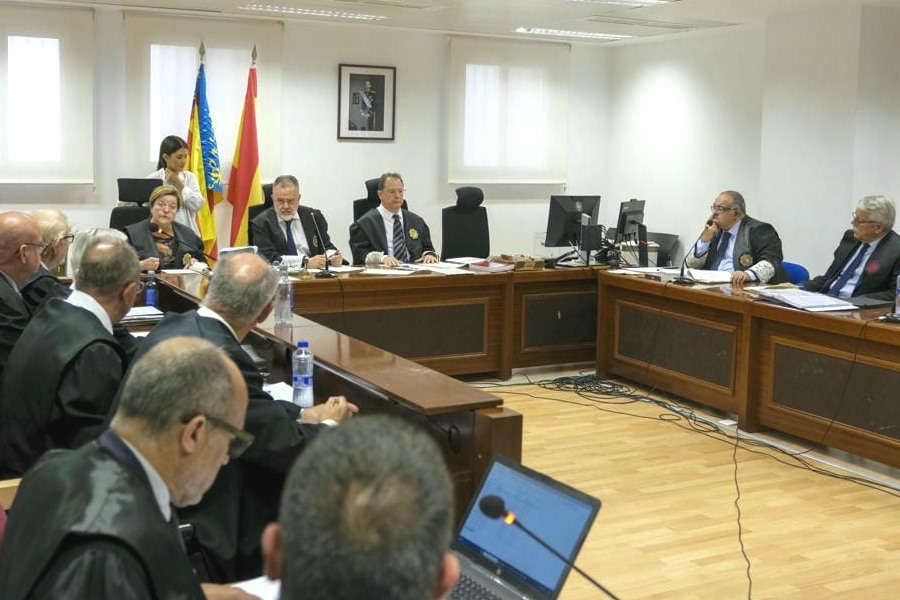
This type of SMS scam in Spain often originates from international numbers, which are masked or made to appear local. While the number might look legitimate at a glance, these messages are frequently generated by automated systems run by scammers based outside of Spain. Once a reply is sent back from the user, it is taken as consent to enroll the user in a paid SMS service. These SMS services send recurring messages (daily or weekly) to the user, and each one comes with a charge. The fraudsters behind the scheme take a share of the revenue collected through these SMS subscriptions.
Because the charges may look like ordinary service fees or minor items, many victims don’t realise what has happened until they receive a high phone bill. In some cases, they often go unnoticed for months. The fraudulent prize SMS does not always contain a link, which makes it harder to identify as malicious. Unlike phishing messages that seek personal or banking information, the hamburger scam relies on consented billing through mobile carriers in Spain.
If you’re wondering how to tell if a message is a scam, there are a few key signs. First, the SMS often promises a prize for no reason. The message may tell you to choose a prize option like A, B, or C, and use urgent language like “respond now.” The sender’s number may appear foreign or strange.
It’s important to note that, no legitimate company will offer a free gift via text without prior contact or ask you to reply by SMS.

To check if you’ve already been subscribed to a premium SMS service, you should log in to your mobile provider account or review your detailed phone bill. Any unfamiliar charges labeled as value-added services or third-party messages should be investigated. Alternatively, you can call your mobile operator and ask them directly if any SMS premium subscriptions or international messaging services are active on your line.
To avoid becoming a victim, you should block SMS premium services through your carrier. Most Spanish providers will allow you to disable these services entirely, either by calling customer service or adjusting your settings online. You can also request a block on international SMS numbers. If you suspect your phone has been compromised, scan it with a reliable antivirus app such as Avast, Bitdefender, or Kaspersky. Apps like Truecaller and Hiya can also help flag and block known scam numbers or suspicious text messages.
If you’ve already replied to one of these messages, it’s important to act quickly. Contact your provider and ask them to cancel the subscription immediately. Run a security check on your phone and uninstall any unrecognized apps. Then, report the scam to official sources like Incibe (Instituto Nacional de Ciberseguridad), the Policía Nacional, or the OCU (Organización de Consumidores y Usuarios). If you’ve lost money, you can file a police report to help support your case and prevent further abuse.
These types of scams could be largely eliminated if mobile phone companies in Spain implemented a simple confirmation step, for example, a user is sent a verification message before they can activate any premium SMS subscription. Call phone companies also need to take greater responsibility in how they screen and approve third-party service providers. How are fraudulent actors allowed to register as affiliates with minimal oversight? What could be prevented through automated safeguards now costs private citizens hundreds of thousands of euros and countless hours resolving unauthorized charges.






















